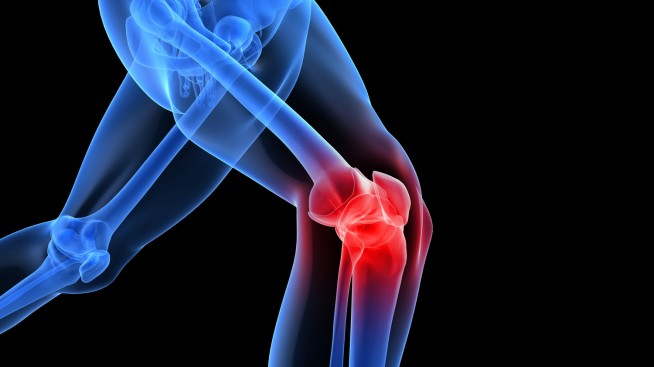CrossFit has taken the world by storm as more and more people are beginning to realize the numerous benefits of the lifestyle. However, as CrossFit becomes more popular, it is very important that one is careful about the activities they do while participating. Recently, there has been quite an increase in the number of people sustaining injuries, particularly knee injuries, while doing CrossFit activities. This is especially true in the case of the young and middle-aged adult population. A lot of stress placed on the knee can result in injuries like cartilage damage (a localised area of arthritis), an ACL tear, or a meniscus tear. A knee injury may at times result in lifelong problems that can limit one’s activities going forward.
Meniscus Tears: The Most Common CrossFit Knee Injury
A meniscus tear is one of the most common CrossFit injuries. It may happen when the knee is in deep flexion, either while using kettlebells, squatting, while doing very deep leg presses, or other activities.
In such a situation, the back of the knee tends to push against the meniscus, which can tear at the joint lining attachment or at the place where it attaches to the bone. This injury is particularly worrisome when the meniscus tears where it attaches to the bone. This is because if the injury is not treated in time, it results in a very high risk for the rapid development of osteoarthritis.
So, if one is doing a CrossFit activity like squatting or deep kneeling and feels a pop at the back of the knee, they should immediately see a specialist to ensure that they do not have a meniscus root tear. This injury particularly hurts while squatting down and the meniscus starts slipping or extruding out of the knee. According to studies, a meniscus root tear is equivalent to having no meniscus and can lead to the development of arthritis within weeks. So, to ensure that arthritis does not grow to be too severe, early diagnosis and treatment of a meniscus root tear are essential.
The meniscus may also tear away at the joint lining when the meniscus is squished forward during deep flexion. These tears are repairable, but one should visit a knee specialist as soon as possible to get a proper diagnosis before the tear becomes a bigger problem. Other meniscus tears, like degenerative or radial tears, may or may not be repairable; however, the earlier one visits the doctor for an evaluation, the better chance they have of getting the meniscus tear fixed rather than having to get it taken out.
ACL Tears and CrossFit
ACL tears are yet another common CrossFit injury. Activities like box jumps (up or down) or carrying heavy weights and twisting, turning, or pivoting, can lead to an ACL tear. This injury makes the knee unstable and leads to the development of arthritis and meniscus tears over time. Injuring the knee and feeling a pop, having a knee injury swell up within a few hours, suffering from a knee injury and later feeling unstable while twisting or turning before there is any pain, may mean an ACL tear. As many ACL tears are associated with meniscus tears, it is very important to obtain a proper diagnosis. The meniscus tear becomes non-repairable over time, which can have a negative impact on one’s mobility in the long-term.
Knee Injuries Caused by Squats or Lunges
CrossFit activities that involve putting a lot of stress on the front of the knee, like squats, lunges, and knee extension exercises with heavy weights can also result in knee injuries. During a leg press, the force is spread through the whole knee and as soon as the knee is lifted for a knee extension exercise, the fulcrum of the force shifts to the kneecap joint. This force can cause the cartilage to wear down over time. Squats and lunges also put force (up to 9 times one’s body weight) on the knee. So, repeated squats and lunges can wear down the cartilage at the kneecap joint as well.
If one faces difficulty while doing these exercises, feels a crunching sensation while doing them, or notices swelling after the activities, they may be suffering from some underlying kneecap arthritis and should see a doctor immediately. A specialist can help determine what activity modifications will be required if the injury requires treatment, and if one should avoid any activities in the future to ensure their injury or arthritis does not worsen.
CrossFit activities can contribute to knee injuries, so it is very important to be careful while doing them. It is essential to not put too much stress on the knees when unprepared for it and to refrain from activities if the knee starts hurting or swelling. Working through any pain or swelling can actually lead to bigger problems down the road and may result in losing the health of the knee, where one may have to give up their activities permanently.


